Alfred Ajayi
The United States (US) funding cuts to World Health Organization had created a huge budget gap, forcing a slash in operations and staff lay-off.
WHO Chief, Tedros Adhanom Ghebreyesus, disclosed this on Tuesday while addressing member states of the organization.
Tedros lamented, “The sudden drop in income has left us with a large salary gap and no choice but to reduce the scale of our work and workforce”.
Historically, the United States has been the WHO’s largest donor, contributing significantly more than any other entity.
For the two-year budget ending in 2025, the U.S. was projected to donate approximately $958 million, accounting for nearly 15% of WHO’s $6.5 billion budget.
Other major donors include: Bill & Melinda Gates Foundation: $689 million, Gavi, The Vaccine Alliance: $500 million, European Commission: $412 million and Germany: $324 million.
World Bank donated $268 million, United Kingdom: $215 million, Canada: $141 million, and European Investment Bank: $119 million.
For its 2022-2023 budget, the US gave WHO $1.3 billion mainly through voluntary contributions for specific projects rather than fixed membership fees.
However, President Donald Trump’s administration has refused to pay agreed membership fees — called assessed contributions — for 2024 and 2025.
It has also frozen virtually all US foreign aid, including vast assistance to health projects worldwide. Many other countries have also been reducing their foreign aid spending.
Tedros noted regrettably, “… we are facing a salary gap for the 2026–27 biennium of between $560 and $650 million”.
The lower end of that spectrum “represents about 25 percent of staff costs” currently. That doesn’t necessarily mean a 25-percent cut to the number of positions”.
He said that senior leadership team members at headquarters will be reduced from 12 to 7 while departments will be slashed to 34 from 76.
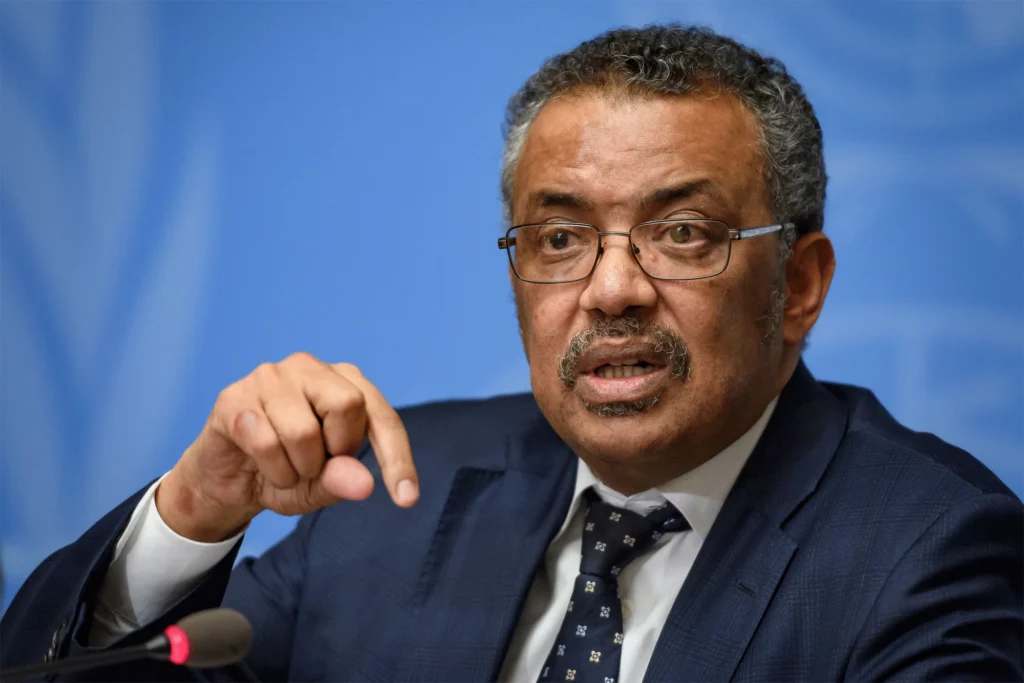
Shortfall difficult to fill
Undoubtedly, the U.S. withdrawal from WHO funding creates a significant shortfall that other donors may struggle to fill.
This will potentially impact global health initiatives and the organization’s ability to respond to health emergencies,
WHO plays a central role in coordinating international health efforts, especially in low- and middle-income countries like Nigeria and other African countries.
A major implication is the likely disruption of Life-Saving Programmes such as immunization campaigns, disease surveillance, malaria and TB control, and nutrition interventions.
Cuts could halt or delay vaccination efforts in fragile states, increasing risks of disease outbreaks like measles, polio, and cholera. These programmes have often depended on WHO coordination and funding.
The organization is typically on the front lines during health emergencies (e.g., Ebola, COVID-19, cholera outbreaks). This development is feared to weaken WHO’s Emergency Response.
Indisputably, budget gaps may reduce its ability to deploy rapid response teams, provide emergency supplies, or support countries in crisis.
In terms of health systems strengthening, WHO has been providing technical assistance for building resilient health systems. These funding cuts may compromise a number of things.
These will include: health workforce training, data systems for monitoring outbreaks as well as implementation of universal health coverage (UHC) policies.
Global health equity could be undermined
WHO’s inability to fund its activities effectively will equally undermining the global health equity as countries especially those with fragile or underfunded health systems rely on WHO to fill the funding gap.
Such countries may suffer the most while the world stands to see inequalities deepened while progress toward global health goals, including the SDGs will face serious delays.
This development also poses risks to global health security as WHO coordinates pandemic preparedness, including pathogen tracking, vaccine stockpiling, and early warning systems.
It will lead to reduced capacity which could delay the world’s ability to detect and contain new health threats.
The withdrawal of funding has also created a potential leadership void as the U.S, being WHO’s biggest contributor, influences global health priorities.
Its pull back may throw up other countries like China, EU nations to fill the vacuum. This may potentially shift priorities in global health governance.
While the impact of US funding cuts on WHO is long anticipated, the global community must adjust as quickly as possible ensuring that this does not translate to fatal health outcomes globally.


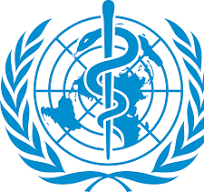
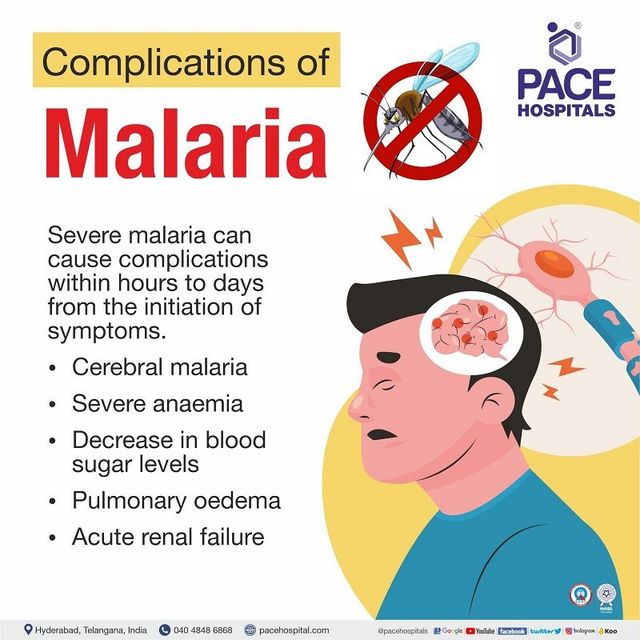
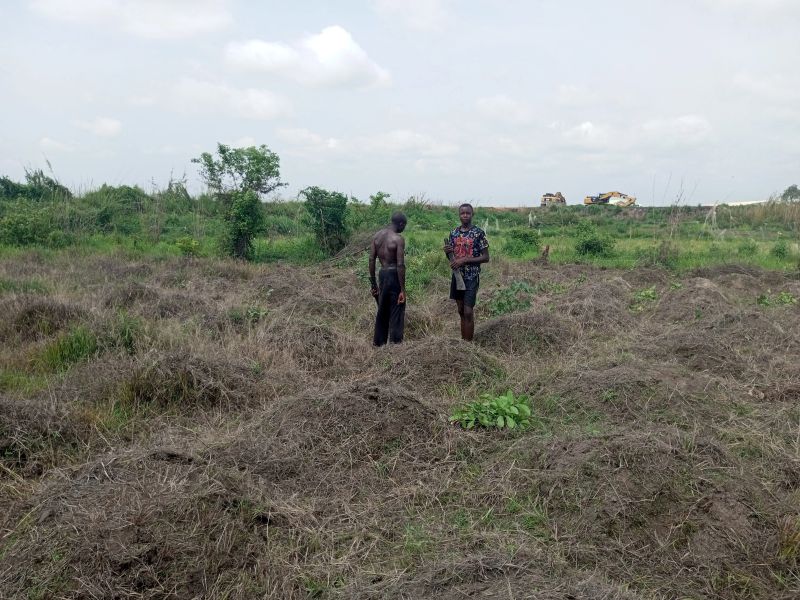
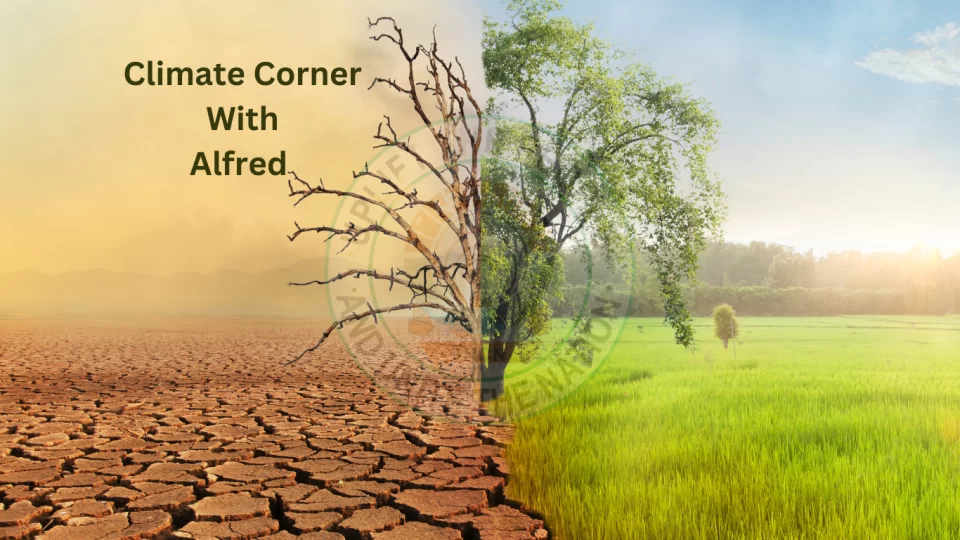
Thanks for sharing. I read many of your blog posts, cool, your blog is very good.